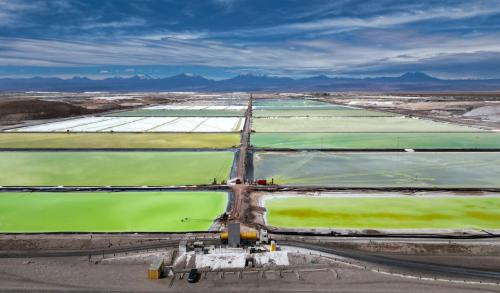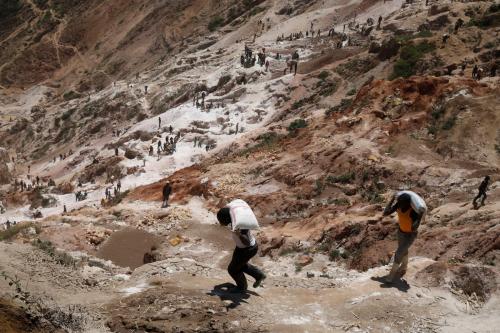The 30-year, $400 billion natural gas deal just agreed to by China and Russia has evoked much commentary. Most of it, however, tries to parse the implications for U.S. foreign policy and geopolitics in general. This leads to much confusion. One day, for instance, ForeignPolicy.com posts an article about “The Deal That Wasn’t”—writing that failure to clinch a deal on the first day of Putin’s visit to China was “a shock, a blow to Putin’s objectives, and a reminder of how much China has the upper hand when it comes to gas deals with [Russia]”—and then a day later, “Gas Deal Could Complicate Sanctions Threat Against Russia” (the deal—which, of course, was clinched—was an “important win [for Putin] in his ongoing standoff with the Obama administration and its European allies”).
One day, China is not ready to play ball, the next day China is saving Russia from international sanctions, even though the deal will not start to deliver gas to China for several years.
While everyone tries to figure out who won in the geopolitical arena, there is, however, a much more basic dimension to this agreement—energy security—that makes it beneficial to all of us. Consider that the gas Russia will deliver to China will come from two rather undeveloped fields in eastern Siberia, and that the deal will build new infrastructure for delivery. Then notice that Russia will deliver to China an amount of natural gas equivalent to the annual consumption of the state of New York. This means that China’s demand for gas will be met by new energy supplies. This must be good for everybody. It is not a shift of supply by Russia from Europe to China. It is a net new addition to world natural gas supplies made possible by the investment in infrastructure to deliver from geographically isolated fields.
China is happy that Russia will deliver from fields that are dedicated to them. Russia is happy that it is developing the new fields and has a paying customer to deliver it to. But everyone else should be happy that this means there are 1.4 trillion cubic feet of natural gas available to the rest of the world. This is energy security.



Commentary
Who Wins in the Russia-China Gas Deal? All of Us!
May 23, 2014